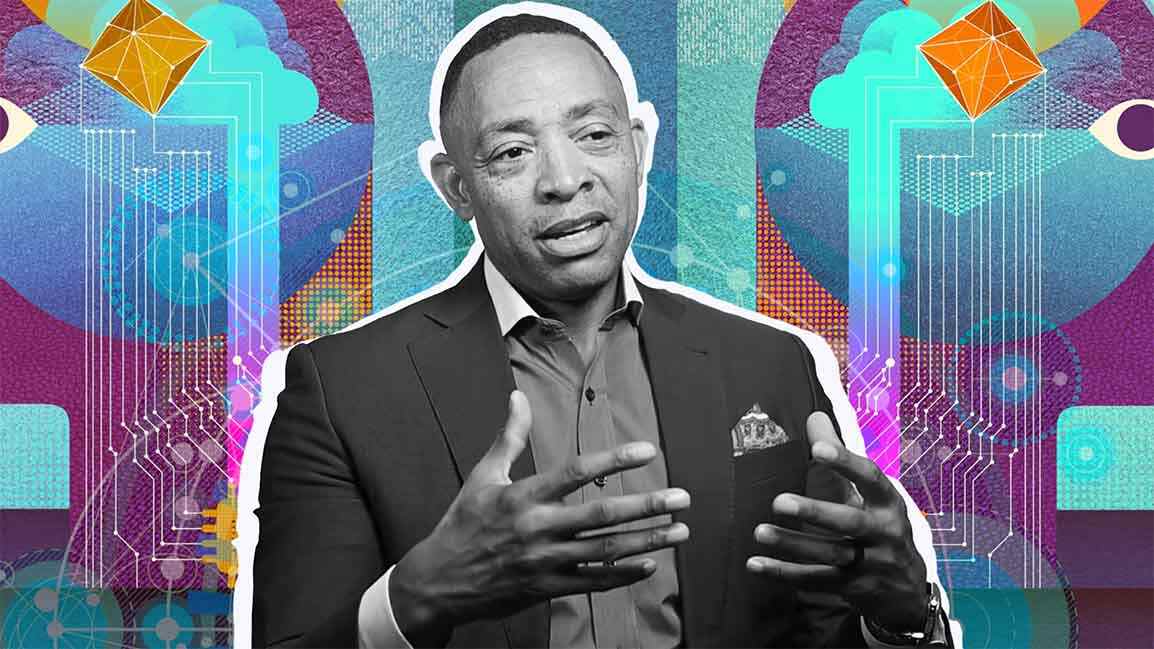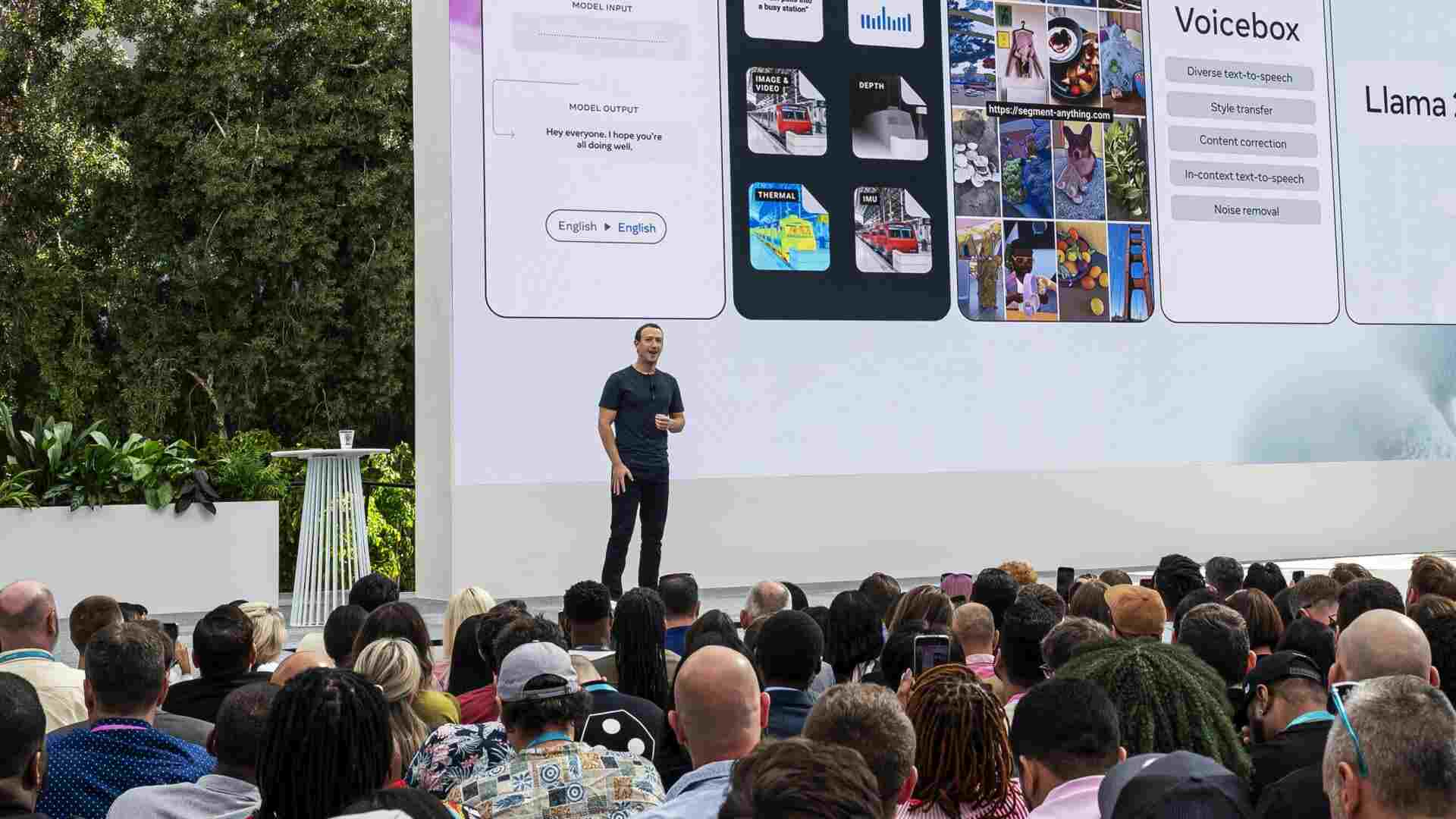- | 2:00 pm
Humans will be indispensable to the future of tech, says Joseph Bradley
What is the future of tech? How far are we from a seamless society? Joseph Bradley, CEO of Tonomus, shares his insights on future trends and how they will impact our lives.

There’s no denying that businesses are becoming increasingly technology-driven. But no matter how advanced technology becomes, it will never replace humans, says Joseph Bradley, CEO of Tonomus. “Humans will always be key to steering our future-forward societies.”
Emerging tech is changing the way we work and live. And Bradley says, “metaverse will be a game changer,” blending the physical with the virtual world. “It will create a new environment for us to experience.”
Extending metaverse to real environments in a feasible way – “whether creating an immersive experience without friction or streamlining day-to-day activities” will shape our collective future, adds Bradley. Even natural language processing –a branch of artificial intelligence that allows computers to understand the text and spoken words in much the same way human beings–can equip people to converse in their native language and understand each other, thus tapping human potential to collaborate.
WATCH THE VIDEO HERE
TOWARD A SEAMLESS SOCIETY
Technological disruption will enable a seamless society, and the biggest priority for tech players, Bradley says, is to “remove friction from our lives and close the digital divide.”
A seamlessly connected society leads to a bigger potential for economic growth. A seamless society, Bradley says, will be based on predictive analytics that will rewire the economy and market forces. “In a seamless society, you can engage and disengage with resources dynamically because you have a common pool of data, and the source of data is so intelligent, it’s able to match supply with demand.”
With more enhanced data, gaps in socio-economic needs will be easier to fill. Seamless societies will eliminate economic, educational, and societal frictions. “This is what Tonomus is aiming to address,” he adds.
TOWARD THE DIGITAL TWIN MODEL
Digital twins will govern future cities. Focused on creating sustainable economic opportunities and improving citizen services, digital twins will run on data, he says. “To create value, the first thing that applies is the fundamental concept of trust. Once you have trust, you can create unique opportunities and economic value associated with data and insight.”
Data is directly proportional to the value received, says Bradley. “This is fundamentally important to solving and creating economic value as we think about building a cognitive city.”
CONVERGENCE OF TECHNOLOGIES
While there is still a long way for technologies such as AI, IoT, AR/VR, and blockchain to reach their full potential, Bradley says, technological convergence reshaped the world during the pandemic and highlighted how digital tech had become an indispensable part of our lives.
“It redefined our relationships with one another, how we treat nature and interact with technology,” he adds.
Today the rate of adoption of emerging tech has become an indicator of an enterprise’s competitive edge and resilience.
As technology becomes more prevalent and powerful, and the acceleration of tech becomes crucial to the success of an enterprise, Bradley says being human and embracing our uniquely human characteristics will be the most valuable skills organizations will need. To optimize potential, he adds diversity and inclusivity play a key role. “As much as diversity is important in principle, we believe in empowering voices, enabling the active participation of all.”
As a digital humanist, he sees humans as the most invaluable asset of an enterprise. “Inclusivity is not just the right thing to do. It’s the most profitable decision to make.”






































